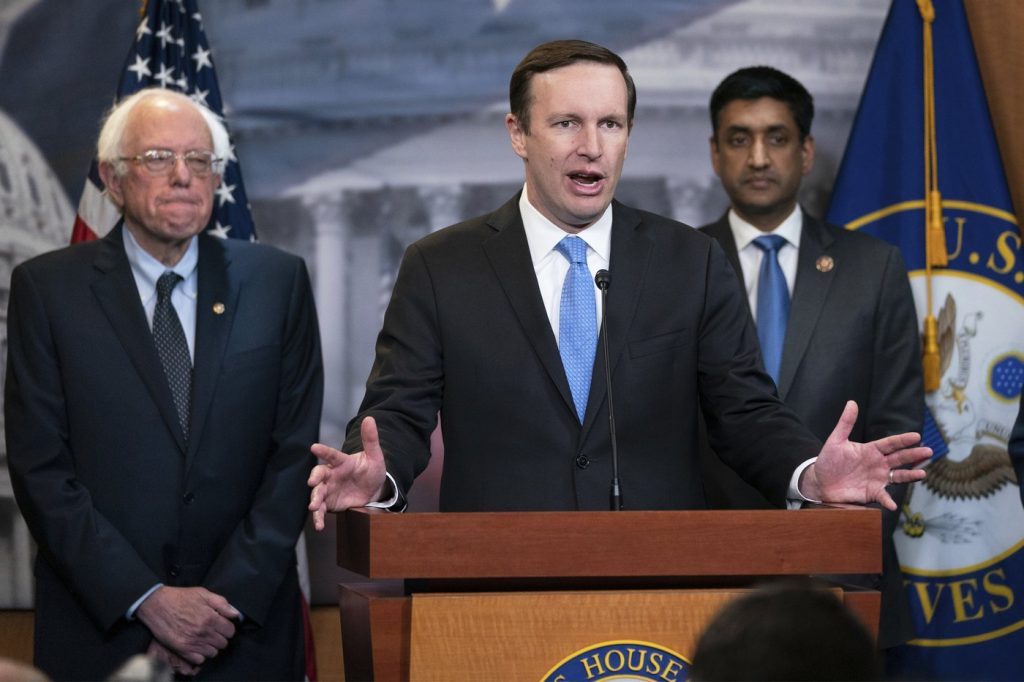After nearly two years of internal strife over the war in Gaza and support for Israel, the Democratic Party is facing new divisions over U.S. policy towards Iran. Progressives within the party are pushing for a unified stance against President Donald Trump's potential military action targeting Iran's nuclear program, whereas party leaders are exercising caution. This situation reflects a broader, long-standing consensus among U.S. leaders that Iran must be prevented from acquiring nuclear weapons, given its history of supporting groups hostile to American interests and its threats against Israel.
Trump's recent flirtation with joining Israel's offensive actions against Iran has emerged as a pivotal conflict within the Democratic Party, especially as it aligns with the deeper divides in Trump's isolationist "Make America Great Again" base and more traditional hawkish conservatives. While progressive Democrats clearly oppose Trump's potential military actions, party leadership is advocating for Congressional oversight before any military force is deployed against Iran.
Representatives like Ro Khanna of California characterize this moment as a defining period for the Democratic Party. Khanna has co-sponsored legislation with Republican Representative Thomas Massie from Kentucky, seeking to prohibit military action against Iran without explicit Congressional authorization. He echoes Trump’s campaign rhetoric, emphasizing that military engagements would divert funds from domestic needs. Other high-profile Democrats, such as Bernie Sanders, have similarly condemned any military support for Israel’s actions in Iran, labeling such steps as dangerous and misguided.
Meanwhile, Senate Democrats, including leader Chuck Schumer, have maintained an ambiguous stance, expressing support for Israel while avoiding direct comments on military actions against Iran. The broader implications of bipartisan support for Israel against Hamas have created a complex web of political dynamics within the party that could impact upcoming elections. Some Democrats are urging the party leadership to adopt a clear anti-war stance as discussions around military action against Iran heat up.
As the discourse around the Israel-Iran conflict continues, views among rank-and-file Democrats seem increasingly divided. A recent poll highlighted that a significant portion of Democrats believe the U.S. is being too supportive of Israel, indicating potential internal friction as the party navigates these complex issues. This sentiment reflects the party's struggle to unify its base, especially given that many progressive members are critical of U.S. military interventions and already expressing skepticism towards ongoing support for Israel.
Additional voices within the party, such as Representative Yassamin Ansari, are emphasizing the hardships faced by Iranian civilians who are not responsible for their government's actions, creating further tensions around whether the American public should support military actions against Iran. This divided perspective reiterates the internal battle the Democratic Party faces as it weighs foreign policy stances against the backdrop of an evolving global conflict.
In summary, the Democratic Party is grappling with a crucial test of unity as it considers its responses toward both the Israel-Iran situation and President Trump's military ambitions. Navigating the complex interplay of views within the party reflects larger trends and growing divisions, warranting careful consideration as the U.S. approaches significant electoral milestones in 2024 and 2028.










